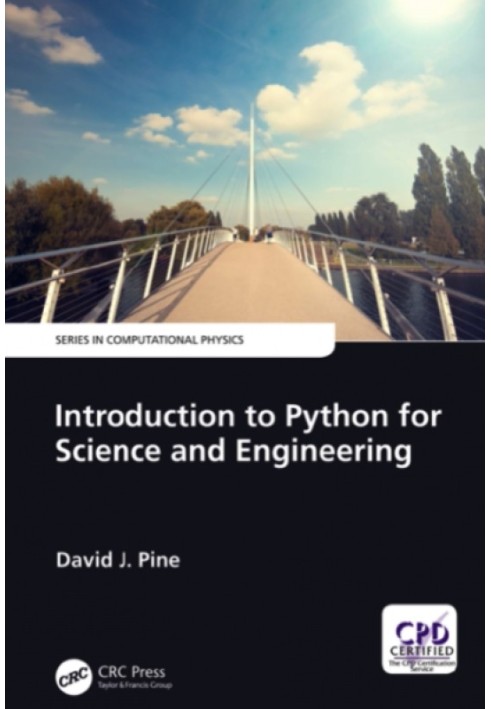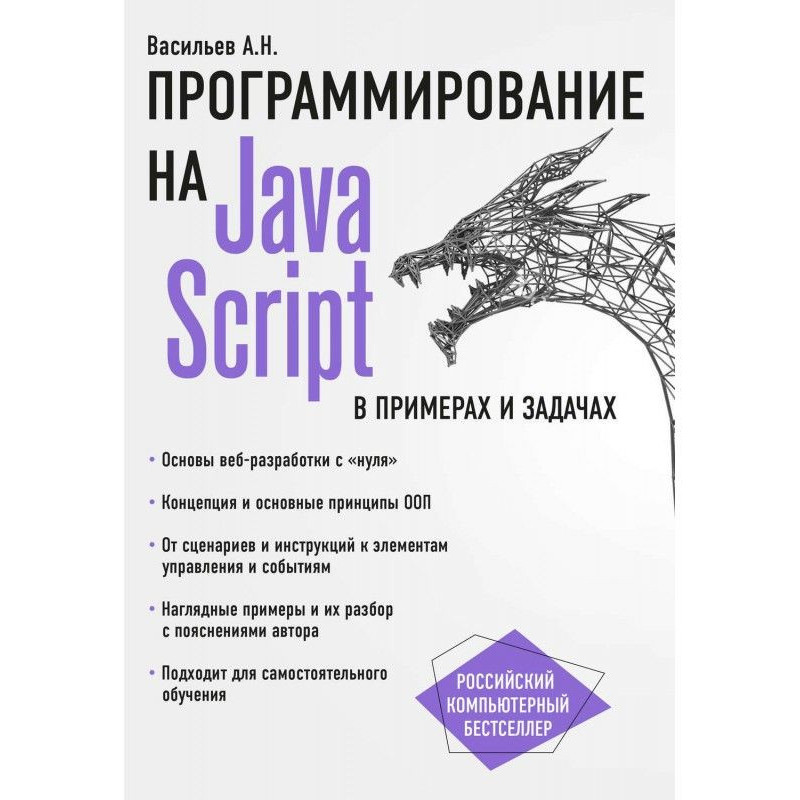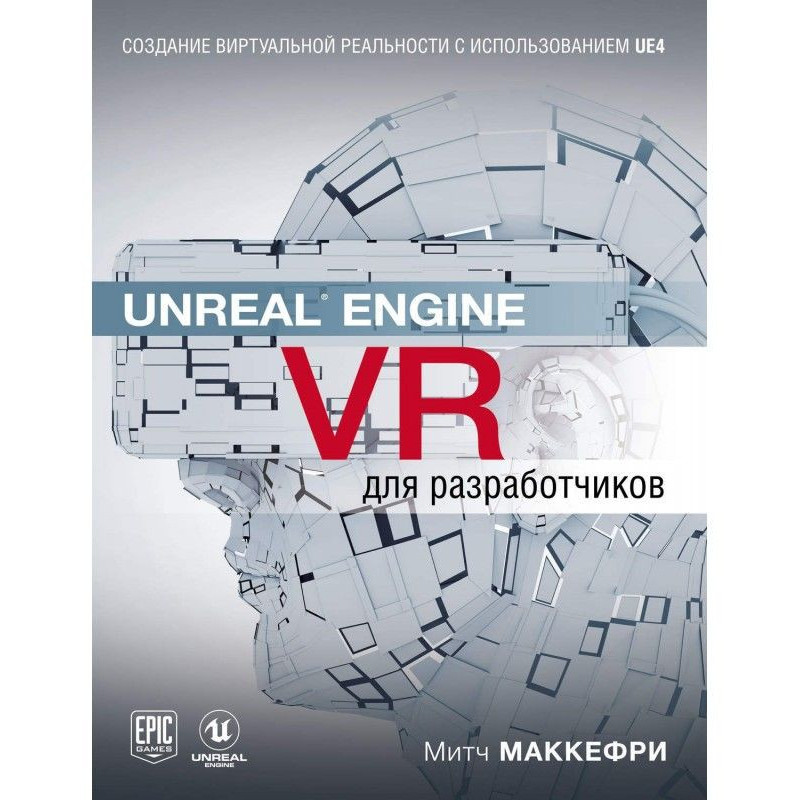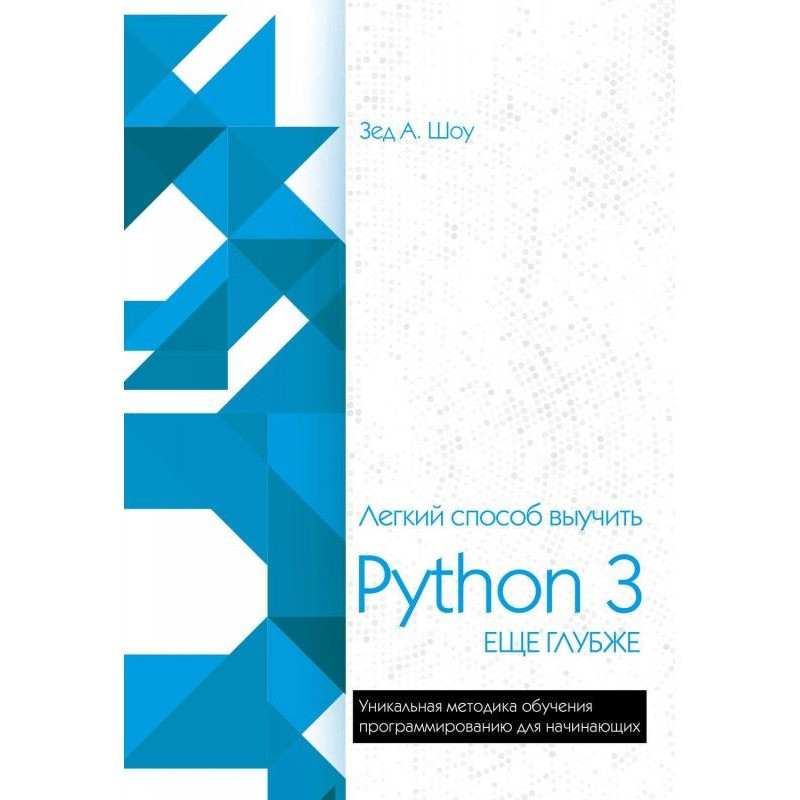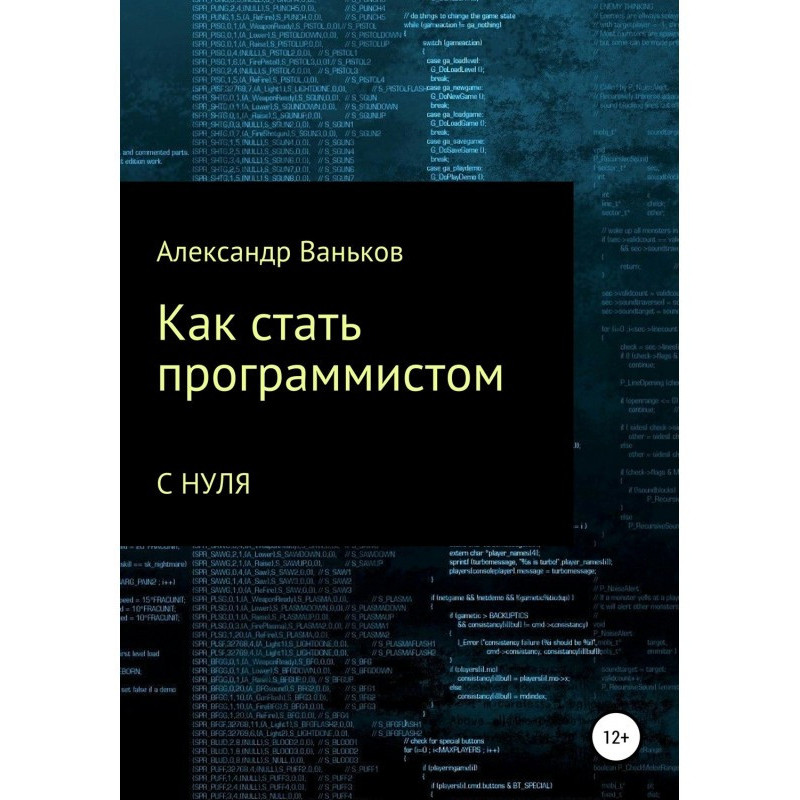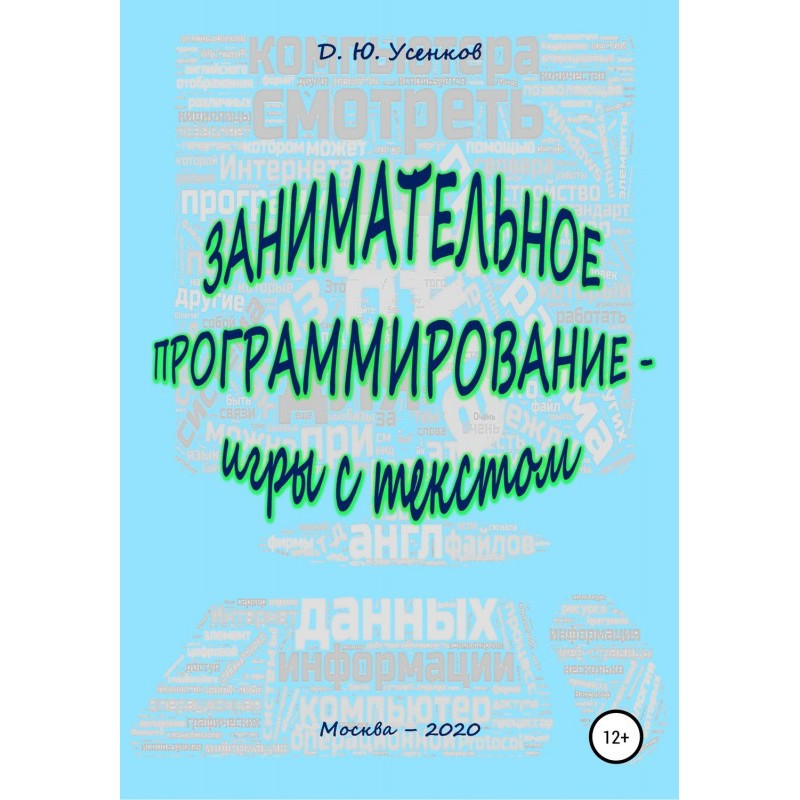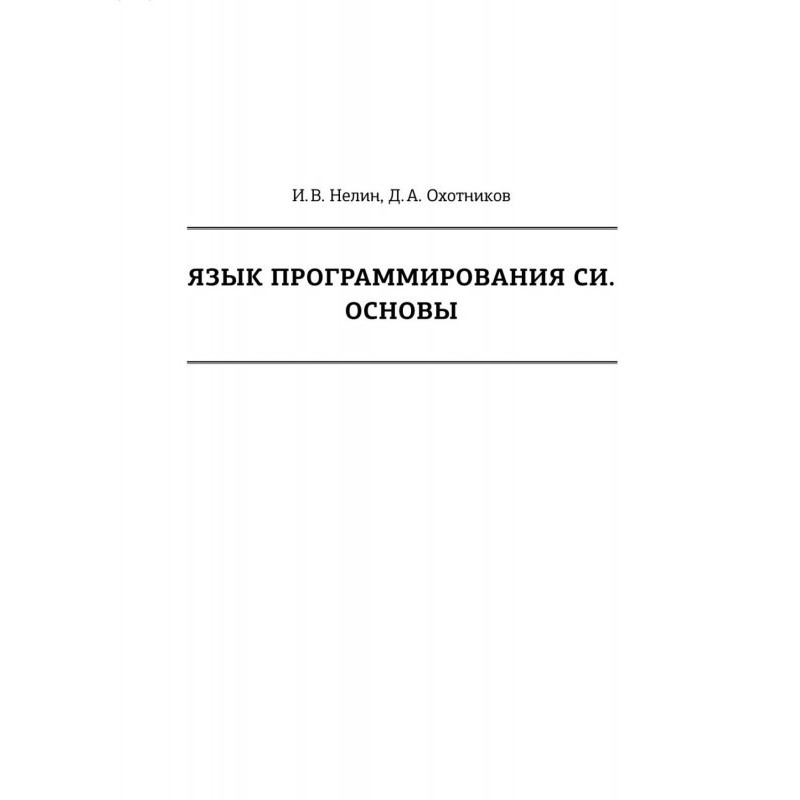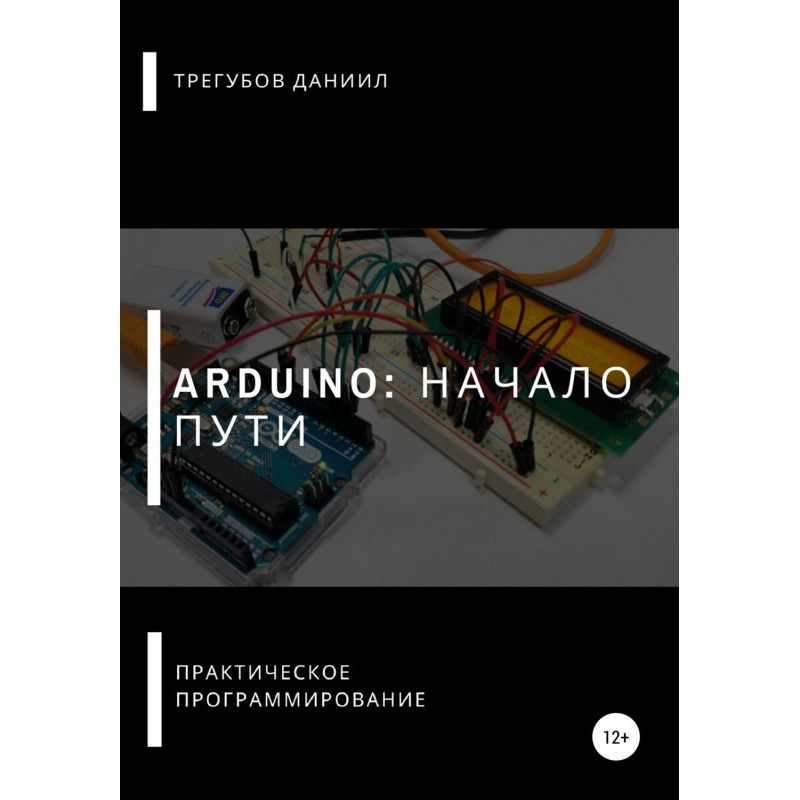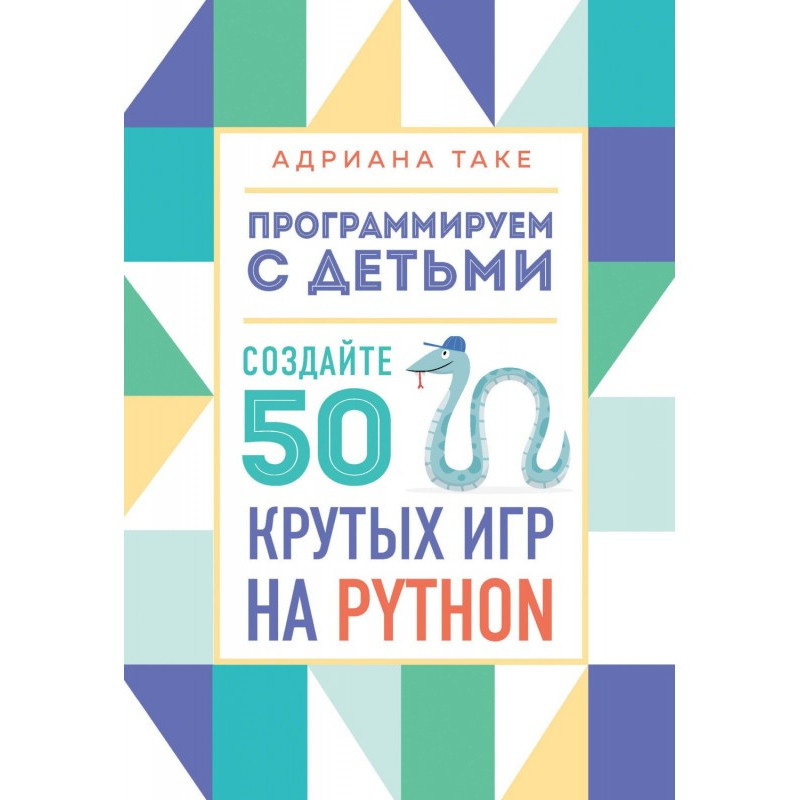Introduction to Python for Science and Engineering
 Instant download
Instant download
after payment (24/7)
 Wide range of formats
Wide range of formats
(for all gadgets)
 Full book
Full book
(including for Apple and Android)
The aim of this book is to provide science and engineering students a practical introduction to technical programming in Python. It grew out of notes I developed for various undergraduate physics courses I taught at NYU. While it has evolved considerably since I f i rst put pen to paper, it retains its original purpose: to get students with no previ-ous programming experience writing and running Python programs for scientif i c applications with a minimum of fuss.The approach is pedagogical and “bottom up,” which means start-ing with examples and extracting more general principles from that experience. This is in contrast to presenting the general principles f i rst and then examples of how those general principles work. In my experience, the latter approach is satisfying only to the instructor.Much computer documentation takes a top-down approach, which is one of the reasons it’s frequently dif f i cult to read and understand.On the other hand, once examples have been seen, it’s useful to ex-tract the general ideas in order to develop the conceptual framework needed for further applications.In writing this text, I assume that the reader:• has never programmed before;• is not familiar with programming environments;• is familiar with how to get around a Mac or PC at a very basic level;and • is competent in basic algebra, and for Chapters 8 and 9, calculus, linear algebra, ordinary dif f erential equations, and Fourier analy-sis. The other chapters, including 10–12, require only basic algebra skills.
Data sheet
- Language
- English
Reviews
Відмінний ресурс для початківців у програмуванні!
Ця книга стала для мене справжнім відкриттям у світі програмування на Python. Як студент, який ніколи раніше не мав досвіду в програмуванні, я був приємно здивований тим, наскільки доступно та зрозуміло викладені матеріали. Автор вдало поєднує теорію з практичними прикладами, що дозволяє читачеві не лише засвоїти основи, але й відразу ж застосувати їх на практиці. Підхід "знизу вгору" дійсно працює: спочатку я навчився писати прості програми, а потім поступово перейшов до більш складних концепцій. Книга охоплює важливі теми, такі як обчислення, лінійна алгебра та диференціальні рівняння, що робить її корисною не лише для програмістів, але й для студентів наукових та інженерних дисциплін. Я рекомендую цю книгу всім, хто хоче почати свій шлях у програмуванні, адже вона робить цей процес легким і зрозумілим.

